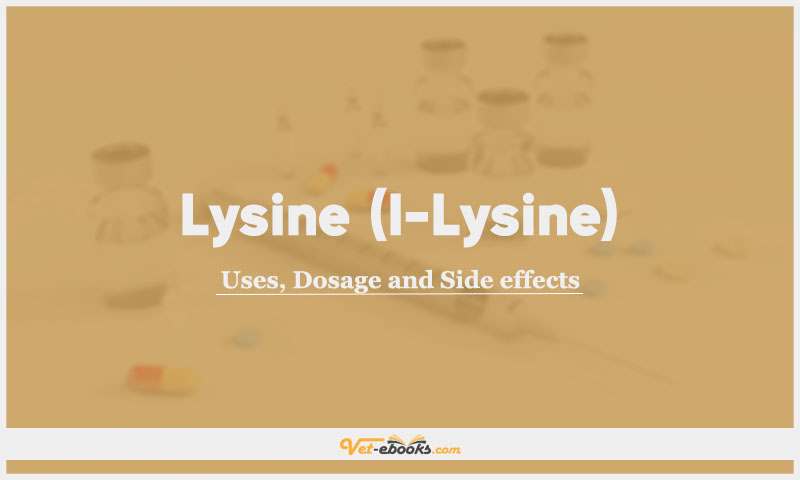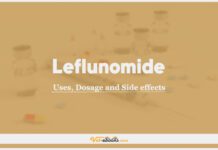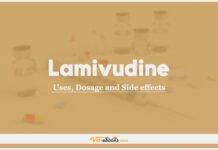Lysine (l-Lysine) In Dogs & Cats: Uses, Dosage and Side Effects

Overview
- Antagonizes arginine, which is required for viral replication.
Uses of Lysine (l-Lysine)
- The utilisation of this treatment has been observed in the therapy of feline herpesvirus-1 illness.
- The practice of incorporating lysine into one’s diet is employed as a means to mitigate the occurrence and resurgence of FHV-1 infection.
Dose of Lysine (l-Lysine) in Dogs and Cats
Cats:
- Adults: 500 mg p.o. q12–24h (equivalent to 2 ml/2 pumps q12h).
- Kittens: 250 mg p.o. q12–24h (equivalent to 1 ml/1 pump q12h).
Dogs:
- Not applicable.
Drug Dosage Calculator
You Should Give:
Side Effects of Lysine (l-Lysine) in Dogs and Cats
- Diarrhoea may be seen (mild, reversible).
Contraindications of Lysine (l-Lysine) in Dogs and Cats
- It is advised to refrain from utilising medications that contain propylene glycol due to their potential toxicity to felines.
Some Notes:
- The safety of oral lysine has been established, and it has shown potential in reducing viral shedding in cats with latent infections and alleviating clinical symptoms in cats experiencing primary exposure.
- Nevertheless, the available clinical information addressing the effectiveness of this treatment for FHV-1 is minimal.
- Cats exhibit a heightened susceptibility to arginine insufficiency, necessitating the preservation of adequate levels of dietary arginine.
Tip
Do You Want To Increase Your Veterinary Knowledge and Practical Skills?
You Can Now Browse and Download +3000 Books For Veterinary Professionals & Students Online.
Download Veterinary Books




















